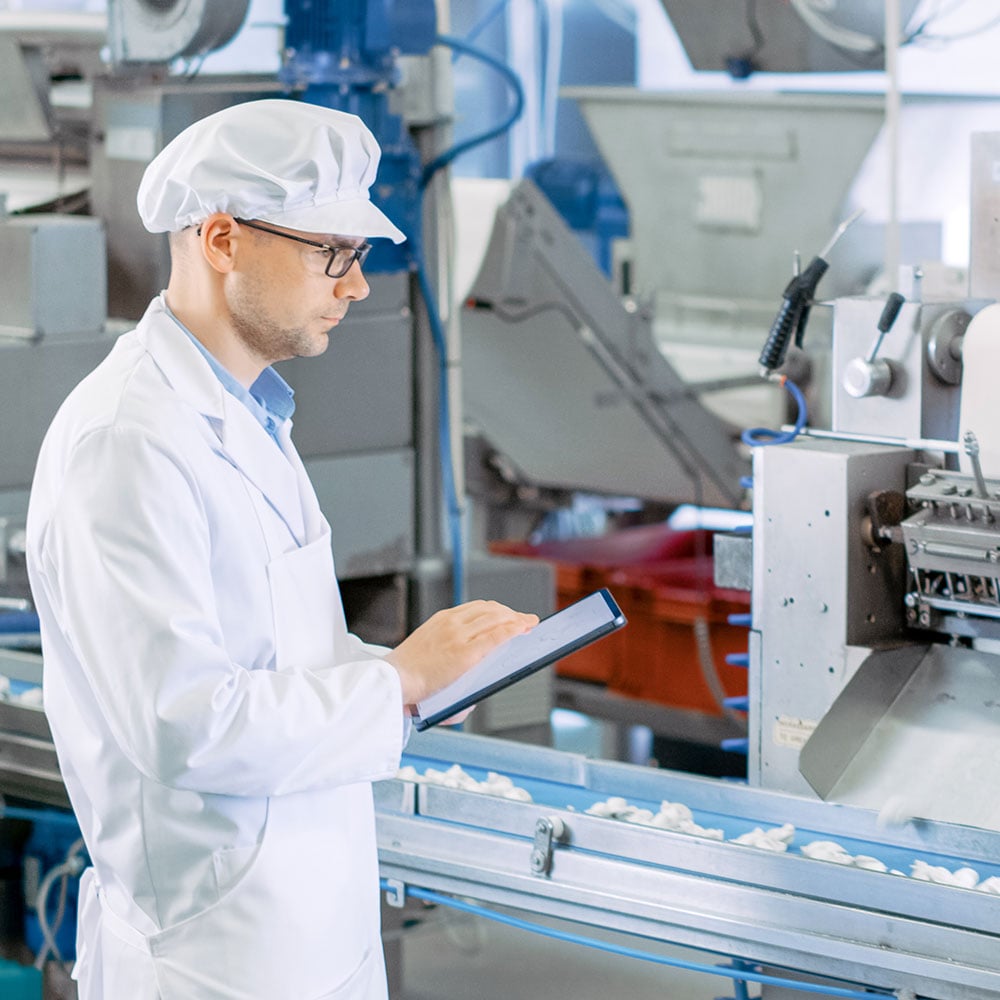Biophysics is the intersection of biology and physics and addresses thought-provoking questions such as why life is so complex, how nervous systems work, and how biological life forms adhere to the laws of physics. Biophysics is a fascinating field for those interested in using technology and science to solve global problems.
As a biophysicist, you'll study the atomic-level processes of biology and investigate how evolution is affected by the laws of physics. You'll work collaboratively with other scientists on research projects, using your analytical thinking skills to make meaningful contributions to the growing body of knowledge.
Loading component...
Loading component...
Biophysicist job role
Biophysicists are key players in scientific exploration and discovery. They tackle a wide range of tasks, from analysing theoretical concepts to conducting hands-on experiments. With expertise in biology and physics, they unlock the secrets of life's fundamental processes. Responsibilities of a biophysicist could include:
- Perform research, testing, and administrative tasks
- Develop computational techniques for data analysis on large datasets
- Create computer-based models for theoretical analysis
- Conduct scientific experiments on various topics
- Create and maintain databases
- Invent imaging and analysis tools for medical purposes
- Develop methods and tools to determine biological structure
- Prepare technical reports and research papers
- Collaborate with other scientists from different disciplines
- Teach and mentor students at the undergraduate and graduate levels
- Develop predictive computer models
- Make recommendations to research sponsors
- Perform calibrations on lab equipment
- Keep detailed records of projects
- Lead laboratory teams
- Review literature and findings from other researchers
- Design and conduct experiments
- Manage and review the work of research teams
- Analyse and synthesise organic molecules
- Develop potential gene therapies
- Research the chemical composition of drugs, enzymes, and nutrients
- Write and publish papers and reports
- Review research papers and findings of other scientists
- Present research findings and recommendations at conferences
- Sequence individual genomes for personalized medical treatments
- Execute testing following scientific methods and lab protocols
Practice quality assurance procedures
Biophysicist responsibilities
Biophysicists are key players in scientific exploration and discovery. They tackle a wide range of tasks, from analysing theoretical concepts to conducting hands-on experiments. With expertise in biology and physics, they unlock the secrets of life's fundamental processes. Responsibilities of a biophysicist could include:
- Perform research, testing, and administrative tasks
- Develop computational techniques for data analysis on large datasets
- Create computer-based models for theoretical analysis
- Conduct scientific experiments on various topics
- Create and maintain databases
- Invent imaging and analysis tools for medical purposes
- Develop methods and tools to determine biological structure
- Prepare technical reports and research papers
- Collaborate with other scientists from different disciplines
- Teach and mentor students at the undergraduate and graduate levels
- Develop predictive computer models
- Make recommendations to research sponsors
- Perform calibrations on lab equipment
- Keep detailed records of projects
- Lead laboratory teams
- Review literature and findings from other researchers
- Design and conduct experiments
- Manage and review the work of research teams
- Analyse and synthesise organic molecules
- Develop potential gene therapies
- Research the chemical composition of drugs, enzymes, and nutrients
- Write and publish papers and reports
- Review research papers and findings of other scientists
- Present research findings and recommendations at conferences
- Sequence individual genomes for personalized medical treatments
- Execute testing following scientific methods and lab protocols
Practice quality assurance procedures
